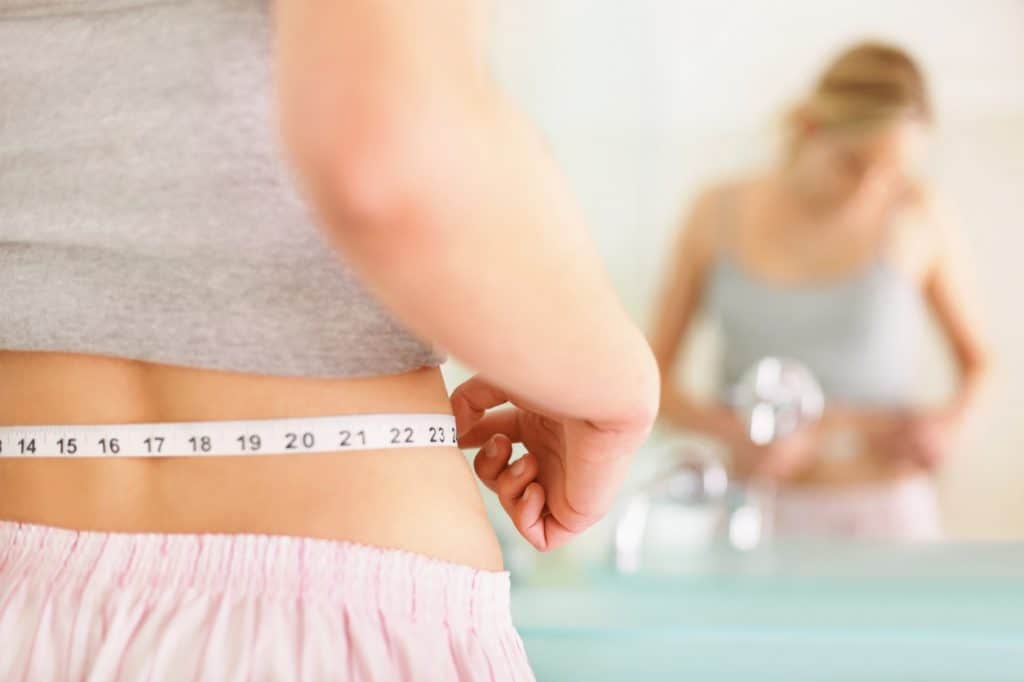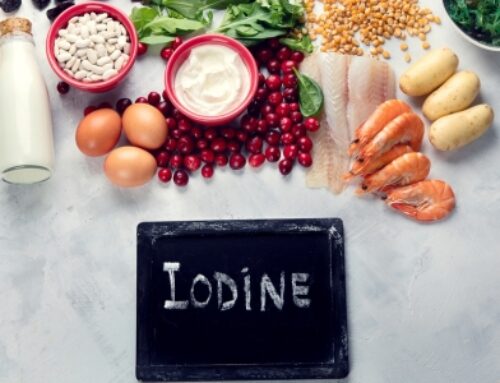
Want to know the secret to losing weight?
I thought I’d put some scam websites out of business by giving you the answer for free. I reckon if the ‘secret’ is so good then it should be out there for all of us to know and benefit from.
Is it cutting out carbohydrates? Perhaps it’s eating the right combination of vegetables at the right times of the day? Or is it a pill, shake or detox diet?
Do you really want to know what the ‘secret’ is? Are you sure?
You probably already know it and if you do, you’ll know it isn’t as exciting as you once thought.
So… what’s the secret to losing weight?
Eat less, move more!
That’s it. That’s the secret. I’m sorry it’s so simple.
The only thing scientifically proven to reduce body fat is a long term, negative energy balance. Nothing else has got the evidence to back it up.
Now before you all rush to the comments section to argue other methods, think about this;
Every single weight loss program or method works because at some level there has been a reduction in energy intake through food restriction (or elimination) and an increase in energy expenditure through physical activity.
Weight loss does not occur because of a special shake concoction or combination of foods, it’s simply because less energy goes into your body than what you are burning up, every single day. Most diets work, not because of the inclusion/exclusion of unique ingredients, but because they are controlling your energy intake. For example, detoxes work because they severely restrict your food intake and create a negative energy balance, not because of some nameless toxins that are stopping your fat loss. Cutting out carbohydrates can work because it severely restricts food choices and subsequently restricts energy intake, not because carbs are inherently fattening. I don’t advocate any of the above methods as being the best approach to weight loss – I’m just explaining why they work.
A negative energy balance is best created by food reduction rather than by an increase in physical activity. When you hear people say that weight loss is 80% food and 20% exercise this is what they mean. Exercise is still vitally important and must be a component of a healthy lifestyle program to strengthen muscles, maintain metabolism and keep us energetic and healthy but the guts of a successful weight loss program teaches us how to manage our energy intake and eat well. It’s actually the combination of both a healthy diet and regular exercise that gives the best results, but if you could only focus on one aspect at a time, food should be numero uno.
So where to from here?
Step 1: Find out how much energy you should eat everyday to lose weight. The table below contains recommended energy intake values on how much you can eat everyday to lose weight. The values below aren’t set in stone. Everyone is going to have individual energy requirements and will likely need to be adjusted to your lifestyle.
Step 2: Learn about the energy content of foods by reading the nutrition labels or using a dietary tracking app such as EasyDietDiary. Aim to eat a well balanced diet, rich in whole foods that stays within your daily energy limit.
Start to educate yourself on portion sizes and the energy content of the foods that you regularly eat.
Increase your food awareness and know that everything that you eat or drink (apart from water) contributes some amount of energy. A lack of food awareness is a very common problem with people who experience a lacklustre results. They’re often eating more than they think they are.
That’s it.
Simply stick to your daily energy quota and weight loss will happen. Regardless of hormones, medications, sickness and genetics, if you can maintain a long term negative energy balance you will lose weight. If you were stranded on a deserted island and had to hunt and gather your food all day, every day, you would lose weight, trust me!
Now for the important part; You need to choose nutrient dense (high in vitamins and minerals) foods to ensure that your body is still provided with the tools that it needs to function at its best. If you’re reducing your energy intake but filling your energy budget with foods low in vitamins and minerals you may increase your risk of nutrient deficiency.
For example:
While 2 slices of soy and linseed bread and a can of coke contain similar amounts of energy, the bread also contains fibre for good digestive health, folate, omega 3, protein and a few other trace minerals. The coke contains nothing of nutritional value – it’s just sugar, water and flavour. Choose wisely and you can’t go wrong.
Please note: Severe energy restriction will wreck havoc on your health and leave you tired, irritable and more likely to put weight back on after the diet is over. You only want to restrict your energy intake just enough so that over time the small energy deficit will be made up by your body slowly burning through your fat stores.
It’s also really important that you have a long term mindset when it comes to losing weight. Ideally, you need to lose weight in the same way that you intend on maintaining it. What’s the point of dropping 20kg if you’re only going to put it back on again? Developing habits takes time. You must commit to the process.
I believe in making small incremental changes over time, that way you get permanent weight loss because you have developed healthy habits that last a life time.
Here are some examples to get you started:
- Reduce white/processed carbohydrates and choose whole grain options: wholemeal/whole grain bread, wholemeal pasta, brown rice, rye, oats, quinoa, buckwheat and barley. These foods are more filling and contain fibre.
- Switch to skim milk instead of full cream. If you drink 1 or 2 flat whites and eat a bowl of cereal a day you could cut your calorie intake down significantly. If you had 600ml of milk daily, switching to skim would save you 135 calories and 23g of fat.
- Cut the visible fat off your meat before you cook it. For a 200g piece of scotch fillet steak this would save you 40 calories.
- Remove the skin of the chicken before cooking. For a small chicken breast (150g) this would save you a whopping 125 calories.
- Go easy on the sauces and seasonings. Some of these are jam packed full of calories and can blow out your daily energy intake. You can save anywhere from 50 to 150 calories by flavouring your food with fresh options.
- Choose fresh or frozen fruit over dried or canned fruit. Dried and canned fruit contains more sugar per gram, and is less filling than fresh or frozen.
- Minimise liquid calories. Soft drinks, fruit juices, flavoured milks and energy drinks add stacks of empty calories into your diet. Sparkling mineral water in a wine glass makes you feel just as special but with zero energy content!
If you’d like further help with your nutrition please click below:




